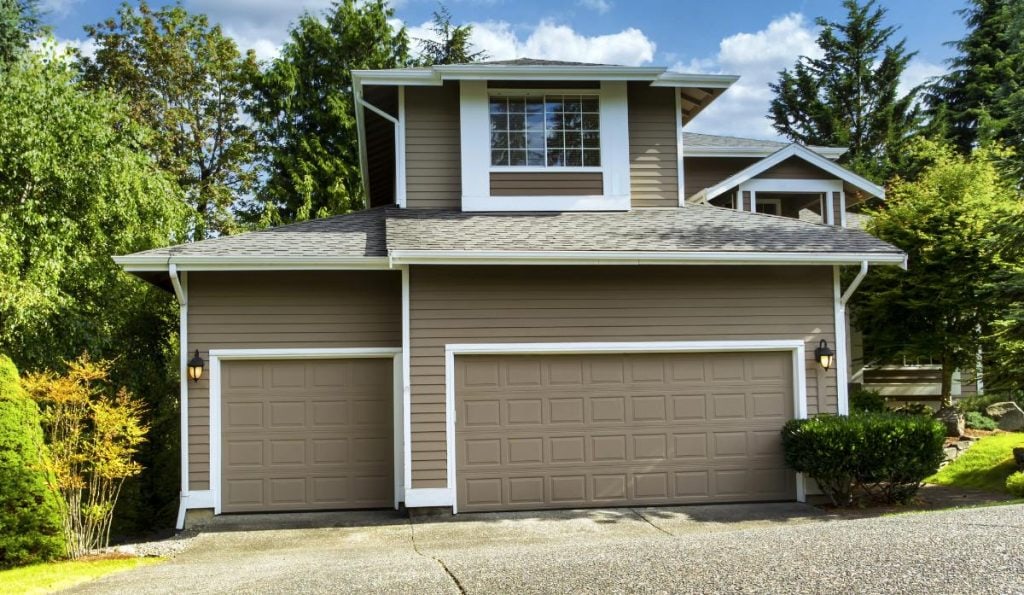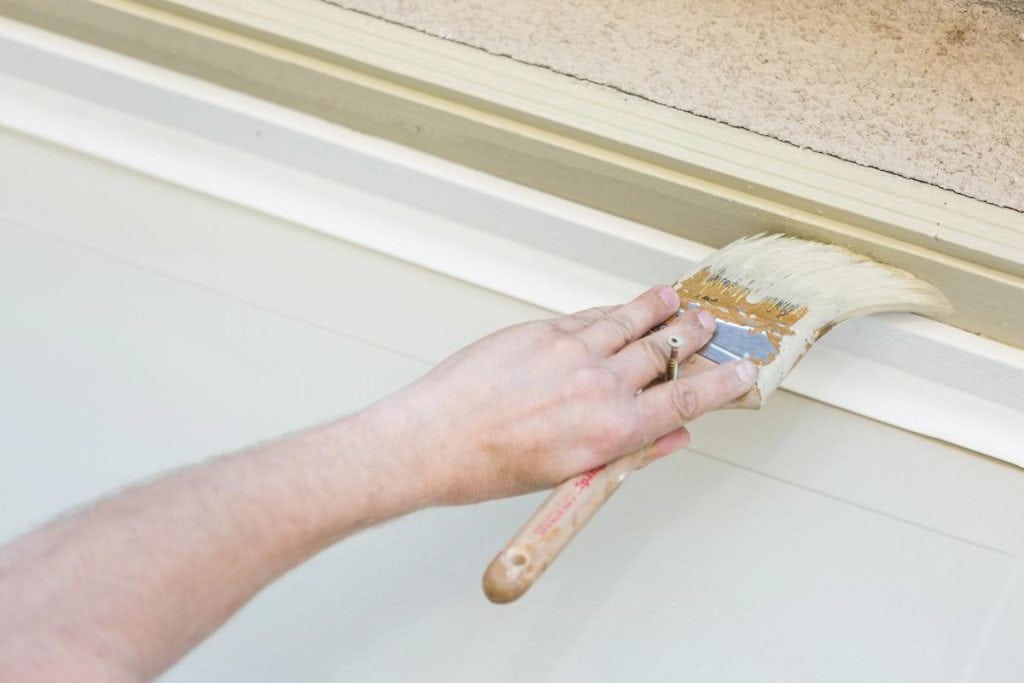
Do you want to get more use out of your garage than simply using it as a place to park your vehicle? Maybe your garage is so cluttered you can’t even fit a bicycle inside. Whatever the reason, it may be time to start thinking about remodeling your garage.
However, how do you get started and what’s it going to end up costing you? The average cost for a garage remodel can range from a few thousand to several thousand dollars. So, what factors can influence the overall costs? Here’s a look at what can impact remodeling costs.
Common Factors Affecting Garage Remodeling Costs
So, you want to turn your garage into a livable space. Essentially, you’re turning your garage into an extension of your home. You know this project isn’t going to be free or even low-cost. Garage remodels can average anywhere from around $3,000 to $30,000 and more.
Since most homeowners want to try and keep expenses as low as possible, it helps to know what factors are influencing your remodeling costs.
Garage Size
Most homes come with two-car garages. However, you can still find single-vehicle garages, usually on older model homes. Some newer builds even have garages designed to fit three or four vehicles.
The size of your garage plays a huge role in overall remodeling costs. The size impacts everything from labor needs to the amount of materials. If you’re wondering if you can reduce remodeling costs by tackling DIY projects, the answer is yes.
However, the type of projects you can handle is usually determined by your level of skill and experience. With that being said, you shouldn’t have a problem handling painting the walls, recoating the garage floor, and even installing shelving.
When it comes to more complicated projects like insulating the garage, installing walls, and securing building permits, these types of jobs are usually best left to the professionals.
Securing Permits
If you’re only decluttering the garage and maybe converting it to a workshop, you may be able to skip the permitting process. Usually, you only need to secure a permit if you’re changing the garage’s function. For example, turning it into a game room or a bedroom. This means you’re probably going to need a conversion permit, and yes, there’s a cost.
How much you can expect to pay for a conversion permit depends on your location. Municipalities have control over permit costs and there’s nothing you can do except pay the fee. Converting a garage without a permit can lead to expensive fines and other expenses.
Labor Costs
As we noted earlier, you can probably take care of some of the labor like painting the garage walls. This can help reduce labor costs. The type of labor you hire can also affect overall garage remodeling costs. However, you also don’t want to cut corners simply to save a few dollars.
You’re probably going to need a general contractor. Your contractor is responsible for overseeing the project and ensuring you have all of the necessary permits. General contractors typically charge a flat rate, so there shouldn’t be any surprise bills at the end of the project. You’re also going to have fees associated with your subcontractors. These are the folks during all of the manual labor.
A good tip is to get an estimate in writing. This isn’t your final project cost but the estimate can give you a good idea of what you’ll end up paying. This way, you can budget for the remodel and have a little extra to cover any extra costs. Yes, most projects wind up costing a little more than the estimates. This is usually due to unexpected hiccups that always seem to pop up in any construction project.

Electrical and Plumbing Expenses
Most garages have electrical hookups and this can save a ton of money on remodeling expenses. Connecting a new space to your home’s electrical supply can be time-consuming and costly. This also isn’t a DIY project, you need to bring in a licensed electrician.
Even if your garage has electricity, you’re probably going to need to install outlets, light fixtures, and switches. These all come at a cost. The final cost will also increase if you need additional wiring to support the new light fixtures.
Plumbing costs are usually pretty similar to electrical expenses. Your garage is probably connected to your home’s water source but you may need things like a sink and fixtures. This means new pipes are also required, and guess what, there’s a cost for this. Don’t forget about bringing in a plumber. Even though your general contractor has this covered, you’re still responsible for paying plumbing costs.
Removing the Garage Door
You can leave the garage door and simply secure it in place. There’s nothing wrong with this solution. Your contractor can even cover the garage door interior with a faux wall and add a layer of insulation. This is actually the most cost-effective solution but it may not be the right move for every project.
Removing a garage door typically has a few additional costs beyond labor. If the contractor doesn’t remove the garage door, it’s up to you to contact a disposal outfit. Most companies charge to pick up an old garage door and include disposal fees. You can’t toss your garage door out for your neighborhood trash guys to pick up.
Additional Costs
Some additional costs can include insulating the garage, and you have a few options. If your goal is to keep costs as low as possible, consider going with spray foam insulation. If you’re adding interior walls, this is also going to come at a cost.
Your remodeling expenses may even include repair costs. This usually depends on the condition of the garage. For example, your garage may have cracked flooring or loose siding around the door.
Keeping Your Garage Remodel Affordable
You can remodel your garage for less than you may think. This may mean picking up a paintbrush or hanging some shelving on your own. However, the best way to ensure your garage remodel is affordable is by partnering with an experienced and reputable contractor.
